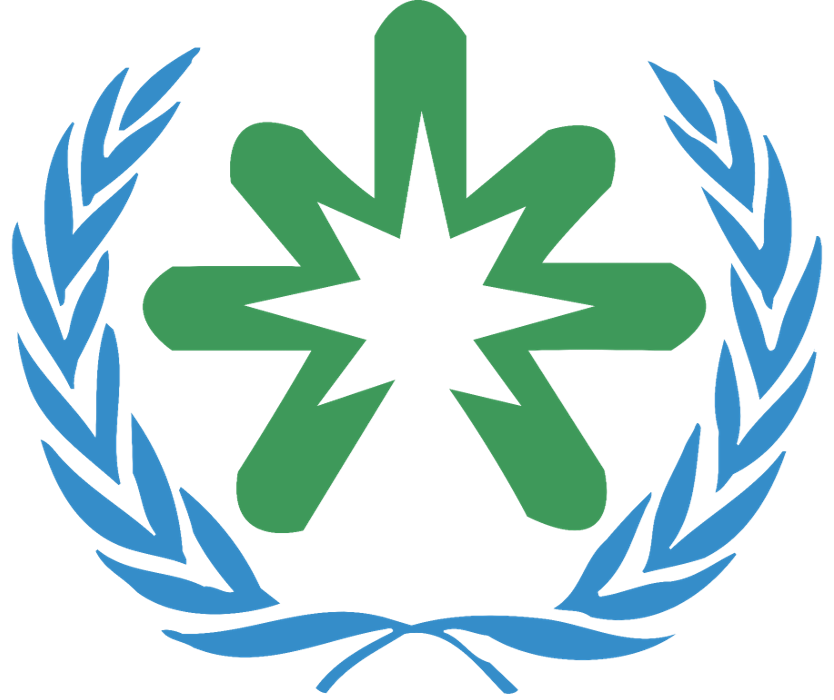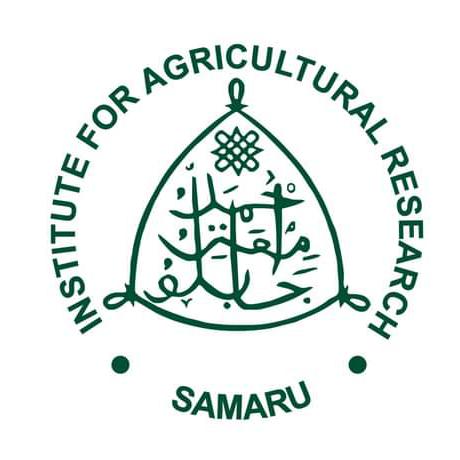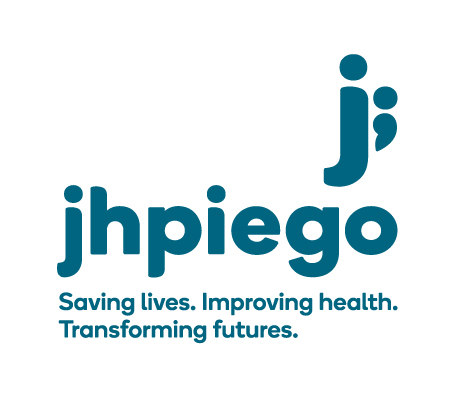China-Africa Business Council
Description
About:
In 2004, the then Secretary-General of the United Nations Mr. Kofi Annan proposed to establish the China-Africa Business Council.In 2005, the UNDP, MOFCOM China International Center for Economic and Technical Exchange and the Guangcai Program jointly started the preparation of CABC. In 2006, CABC was officially established with the approval of the central leaders and the Ministry of Civil Affairs.
CABC actively responds to the measures of the FOCAC. In 10 years, CABC has received over 100 delegations from 35 African countries and organized visits to 36 African countries. With the support of the All-China Federation of Industry and Commerce, CABC submits suggestions to the governmental agencies based on the opinions and demands of the companies, searches international opportunities for its members, provides consulting on investment financing and promotes self-discipline among the members.
CABC is dedicated to the economic development of Africa. Led by the principle of “Respecting culture, combining generosity with profit and promoting win-win cooperation” proposed by the first Chairman Mr. Hu Deping, over 500 member companies of CABC, including China-Africa Development Fund, Shenzhen Energy Group and Huajian Group, have operated in 51 African countries and made investments in 36 African Countries, hiring over 70,000 local employees and creating more than1.5 million jobs.
CABC is committed to serving Chinese investors in Africa. CABC accompanies high-level governmental visits to Africa, receives African statesmen and hosts institutionalized bilateral forums with many African countries. CABC provides assistance regarding to governmental affairs, international communications, information services, investment and financing. Serving members through its membership network, CABC provides specialized services including international promotion, visa application, business trips, legal and commercial consulting, training, seminars, security services and emergency rescue.
CABC is devoted to promoting public benefits in Africa. CABC advocates its member companies in shouldering CSRs and promoting cultural exchanges. In 2015, China-Africa Business Council, together with China-Africa Development Fund, UNAIDS, UNDP, and China Red Ribbon Foundation, founded the “Increasing Love for Decreasing AIDS Fund” under the China Social Assistance Foundation. This fund aims to help African women and children living with HIV and has been warmly received especially by Chinese students.
Building on its past achievements, CABC would like to cooperate with the United Nations, international organizations and companies and institutions from various countries in building a better future.
What we do:
Actively responds to the measures of the FOCAC: CABC actively responds to the measures of the FOCAC. In 10 years, CABC has received over 100 delegations from 35 African countriesand organized visits to 36 African countries. With the support of the All-China Federation of Industry and Commerce, CABC submits suggestions to the governmental agencies based on the opinions and demands of the companies, searches international opportunities for its members, provides consulting on investment financing and promotes self-discipline among the members.
Dedicated to the economic development of Africa: CABC is dedicated to the economic development of Africa. Led by the principle of “Respecting culture, combining generosity with profit andpromoting win-win cooperation” proposed by the first Chairman Mr. Hu Deping, over 500 member companies of CABC, including China-Africa Development Fund, Shenzhen Energy Group and Huajian Group, have operated in 51 African countries and made investments in 36 African Countries, hiring over 70,000 local employees and creating more than1.5 million jobs.
Committed to serving Chinese investors in Africa: CABC is committed to serving Chinese investors in Africa. CABC accompanies high-level governmental visits to Africa, receives Africanstatesmen and hosts institutionalized bilateral forums with many African countries. CABC provides assistance regarding to governmental affairs, international communications, information services, investment and financing. Serving members through its membership network, CABC provides specialized services including international promotion, visa application, business trips, legal and commercial consulting, training, seminars, security services and emergency rescue.
Devoted to promoting public benefits in Africa: CABC is devoted to promoting public benefits in Africa. CABC advocates its member companies in shouldering CSRs and promoting culturalexchanges. In 2015, China-Africa Business Council, together with China-Africa Development Fund, UNAIDS, UNDP, and China Red Ribbon Foundation, founded the “Increasing Love for Decreasing AIDS Fund” under the China Social Assistance Foundation. This fund aims to help African women and children living with HIV and has been warmly received especially by Chinese students.
SECTOR
Agriculture, Food and Rural Development, Industrial Development, Infrastructure, Private Sector Development
Country
China
SDG
01 - No Poverty, 02 - Zero Hunger, 04 - Quality Education, 05 - Gender Equality, 06 - Clean Water and Sanitation, 07 - Affordable and Clean Energy, 08 - Decent Work and Economic Growth, 09 - Industry, Innovation and Infrastructure, 11 - Sustainable Cities and Communities
Organization Type
NGO
Similar Organizations





